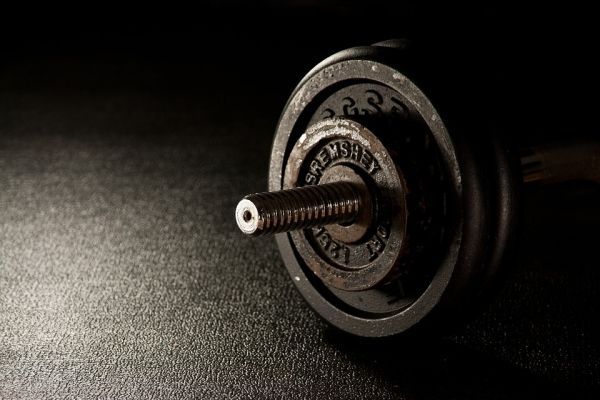As far back as Ancient Greece, a sculptured physique has been heralded as the pinnacle of physical perfection. But now, researchers from Japan have found that increased muscle mass doesn’t just make you look good, it could literally save your life.
In a study published in Scientific Reports, researchers from Osaka University have revealed that sarcopenia, or the loss of skeletal muscle mass, is significantly associated with a poor response to treatments for advanced non-small cell lung cancer (NSCLC).
These treatments, known as programmed death (PD)-1 inhibitors, are an exciting new class of drugs used to fight many different types of cancer, including NSCLC. They work with the patient’s own immune system, increasing its ability to attack cancer cells. Unsurprisingly, the efficacy of PD-1 inhibitors relies heavily on the function of the host’s immune system. At present, only a subset of patients achieve good long-term progression-free survival rates, something the researchers at Osaka University aimed to address.
“Sarcopenia is a well-known risk factor associated with poor outcomes for several cancer types,” says lead author of the study, Takayuki Shiroyama. “Because muscle degradation is associated with a dysregulated immune response, we wanted to investigate how, in lung cancer patients, sarcopenia impacts the efficacy of PD-1 inhibitor therapy.”
Read more at Osaka University
Photo Credit: LouisBauer via Pixabay


